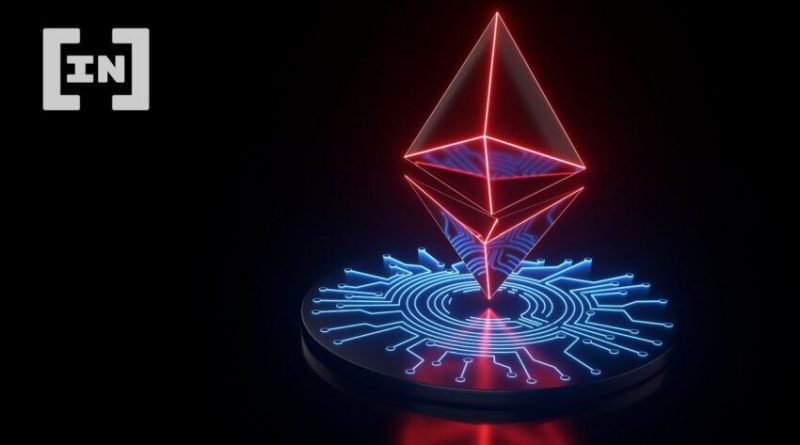Inventor Ethereum Vitalik Buterin
Ethereum Vitalik Buterin Inventor
Vitalik Buterin, the Russian software genius, has caused a lot of excitement in recent weeks and months with the development of Ethereum.
This is because Ethereum is not about another cryptocurrency, but about smart contracts. The management of decentralized and censorship-free contracts. Buterin and Microsoft are working together on this "blockchain technology".
We are talking about a revolutionary technology. Other companies such as UBS, Samsung and, most recently, the German energy supplier RWE are also experimenting with Ethereum.
The possibilities with Ethereum could be, for example, buying a house in the future without a notary being involved. Or you could get married without having to register at the registry office.
In other words, this is about drafting contracts without a central supervisory authority.
Ether is therefore both a currency and a clearing house. Lawyers, judges, bailiffs and registrars become superfluous. Ether takes on a control function.
But Ethereum is much more than just programming smart contracts. Vitalik Buterin's vision is that in future, entire organizations can be set up and controlled using flexibly programmable blockchain technology. Buterin believes in decentralized, autonomous and non-geographical contract processing. This idea is impressive.
While Bitcoin is mainly used as a means of payment, Ethereum or Ether is not about buying and selling goods and services, but rather about providing computing power. It is therefore less about a traditional currency or investment and more about a decentralized server system where computing capacity can be accessed.
Good to know: Ethereum and Bitcoin are not digital currencies that compete with each other, but have different, decentralized infrastructure systems for the network.
It is therefore not surprising that Microsoft is now also involved in the programming of Ethereum. This is because many companies, especially banks, are interested in the automation of processes and more efficient solutions for contracts.
Bitcoin and Ethereum are not in competition with each other, but have the potential to complement each other ideally. Bitcoin is about the currency infrastructure and Ethereum is about the programming infrastructure. It will be a challenge to install this cooperation in a decentralized manner. If successful, the development of Ethereum and the implementation of joint projects could strengthen Bitcoin





